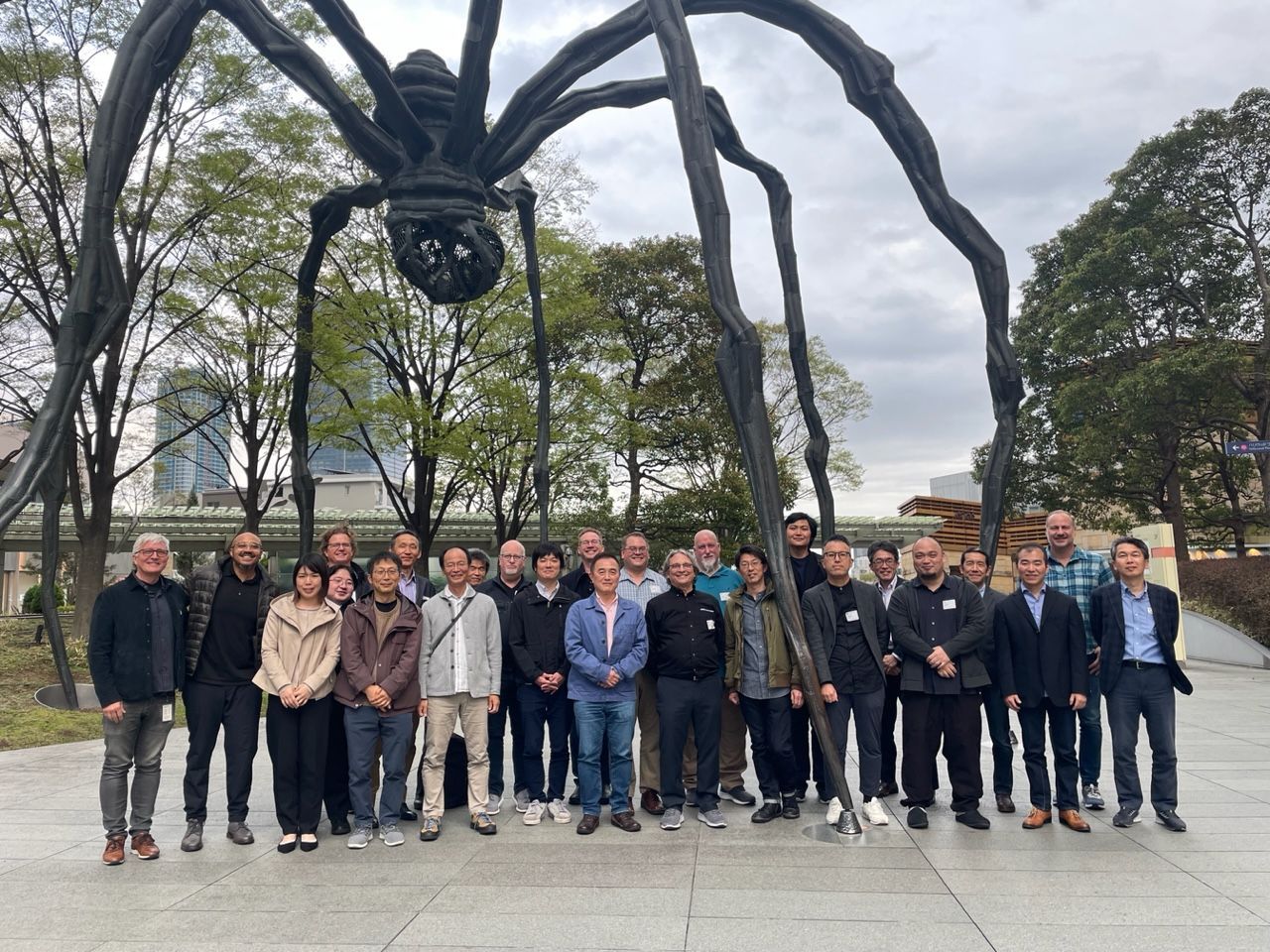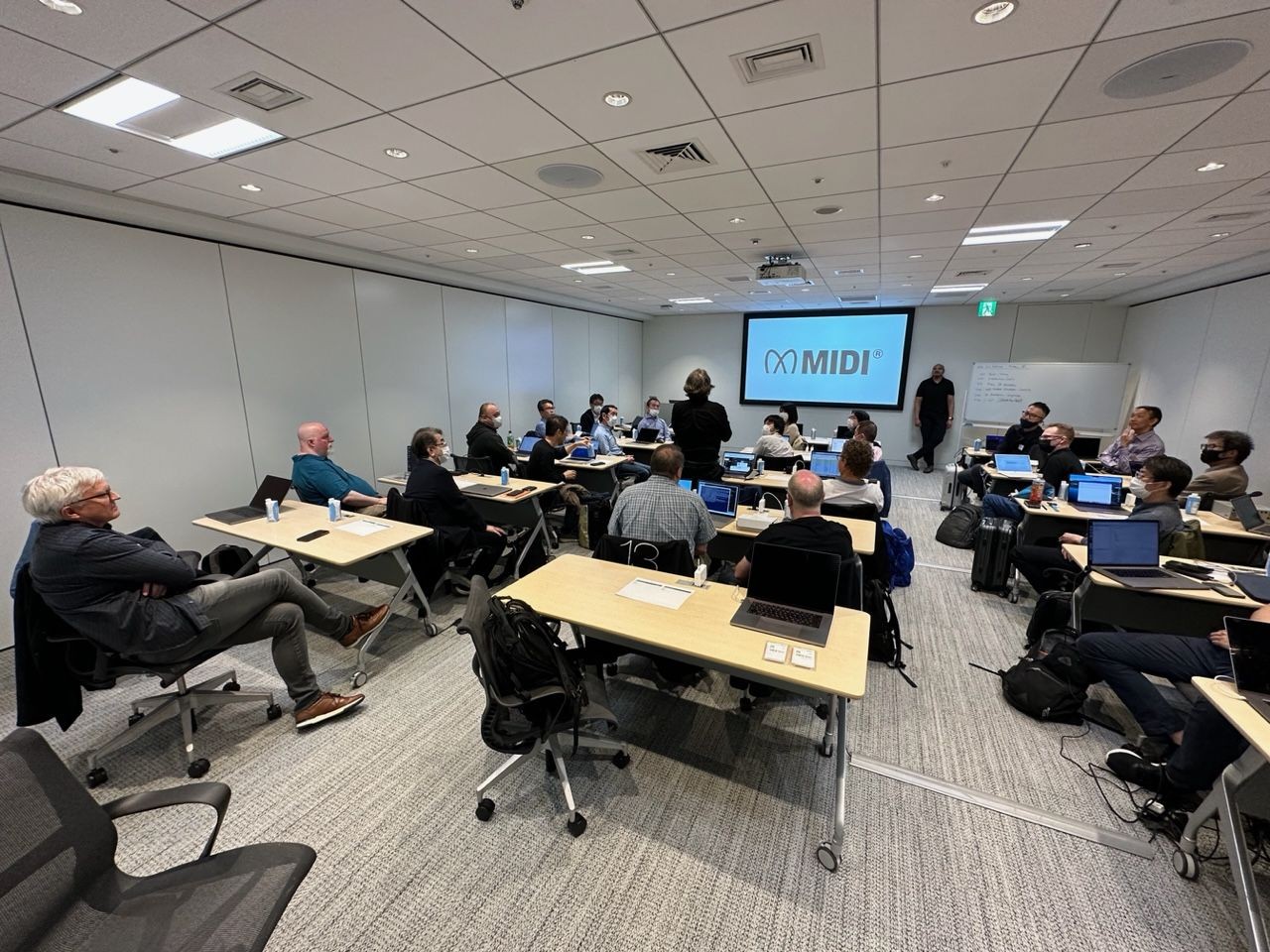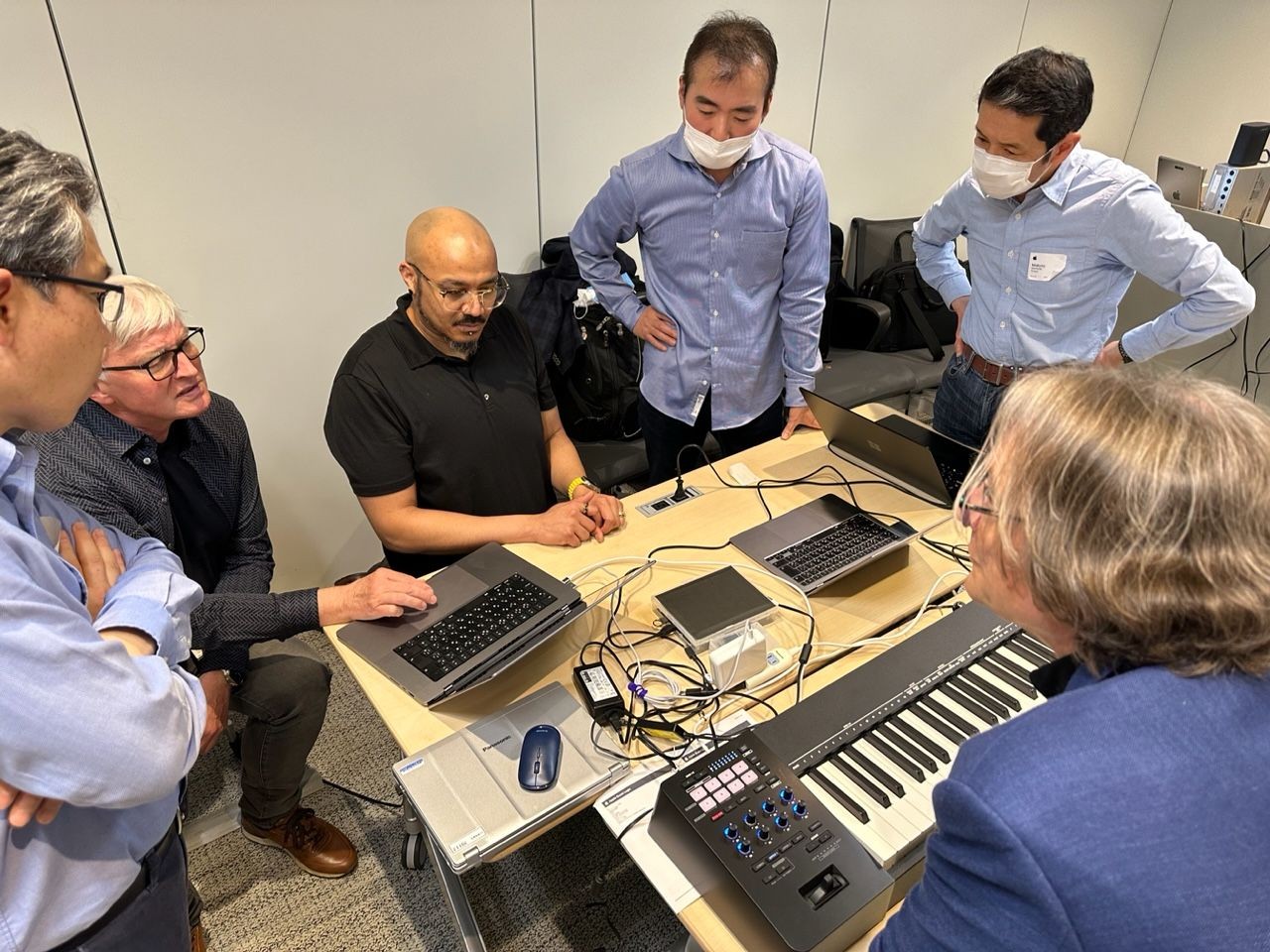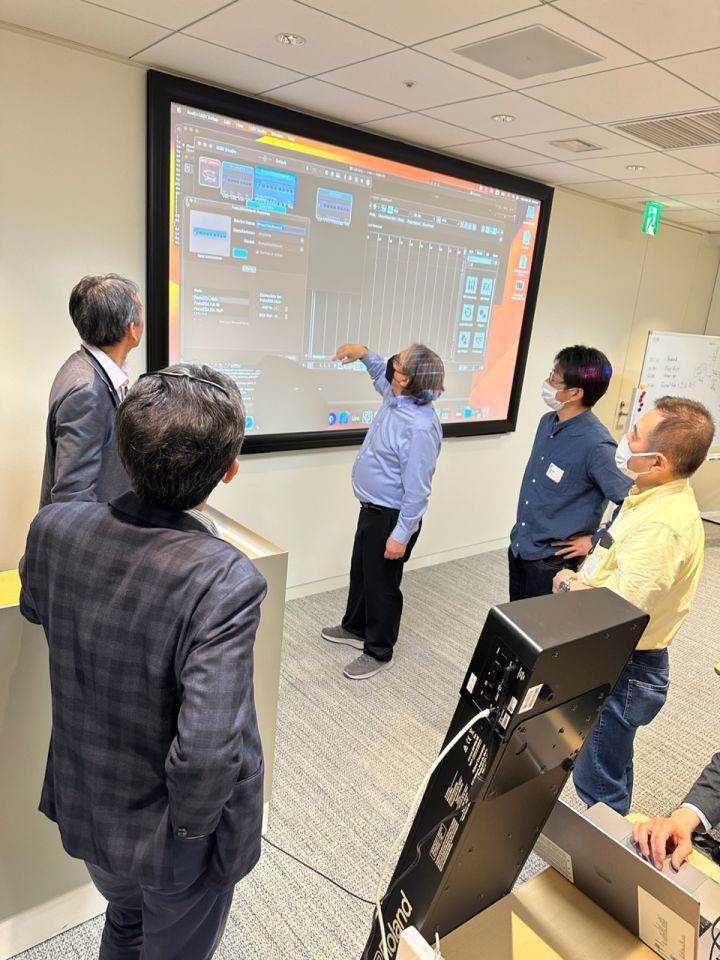MIDI is about collaboration, not competition

All kinds of companies, all kinds of devices
One of the things that has always made MIDI unique in the world of standards is that no one owns MIDI and the MIDI Associations (AMEI in Japan and The MIDI Association in the rest of the world) don’t sell anything.
We (AMEI and The MIDI Association) get companies to volunteer their staff to work on really complex problems (like MIDI 2.0), work together to solve those problems and once those problems are solved, we give away the solutions and specifications for free so anyone can use them to make MIDI products.
MIDI is also unique because it enables all kinds of instruments – keyboards, drums, wind controllers, pad controllers, lights, and in fact anything that can be controlled digitally can be controlled by MIDI.
There really is no other standards that works quite the same way and it is what makes MIDI so very special.
MIDI 2.0 meeting in Japan March 27,28, 29, 2023
A great example of the collaboration is the meeting that happened in Japan recently.
All of the major OS companies gathered to talk about details of handling MIDI 2.0 in operating systems. We understand that people are waiting (some not so patiently) for MIDI 2.0, But there was one thing that was clear to both AMEI and The MIDI Association since the very beginning of discussions about MIDI 2.0- we couldn’t break MIDI 1.0!
The spirit of cooperation between these OS companies and musical instrument manufacturers was awe inspiring.
Companies set aside their differences and competitive natures to the goal of the meeting was to cooperate together for the greater benefit of musicians around the world.
In a remarkable coincidence, the presentation by the OS companies that was made at Audio Developer Conference 2022 was put up on Youtube by ADC on the second day of the meeting in Japan.
Audio Developer Conference 2022 video featuring Pete Brown, Phil Burk, Torrey Holbrook Walker & Mike Kent available
Engineers from Apple, Google, and Microsoft will present the current state of MIDI 2.0 implementations in their operating systems.
We’ll describe the API changes required for MIDI 2.0 for each platform as well as discuss the philosophy and reasoning behind various design decisions. We’ll also present the status of transports, such as USB and Ethernet.
If you’re a developer who is interested in the practical implementations of MIDI 2.0, this is the session for you.
Pete Brown
Pete works in the Windows + Devices org in Microsoft, primarily focusing on partners, apps, and technology for musicians. He’s the lead for the Windows MIDI Services project which is bringing an updated MIDI stack to Windows, and adding full MIDI 2.0 support.
He also serves as the current Chair of the Executive Board of the MIDI Association.
When not working, he enjoys synthesizers, electronics, woodworking, astrophotography, 3d Printing, and CNC projects at his home on the east coast of the US. _ Phil Burk Music and audio software developer. I
nterested in compositional tools and techniques, synthesis, and real-time performance on Android. Worked on HMSL, JForth, 3DO, PortAudio, JSyn, WebDrum, ListenUp, Sony PS3, Syntona, ME3000, Android MIDI, AAudio, Oboe and MIDI 2.0.
Torrey Holbrook Walker
I am a senior software framework engineer on the Core Audio team at Apple and a frequent MIDI specification contributor and prototyper with the MIDI Association. I have been passionate about creating music production technologies that delight audio software developers, musicians, and music producers over my 16-year career with Apple.
You should talk to me about:
– MIDI 2.0 software implementations or USB MIDI 2.0 hardware support.
– CoreMIDI APIs, USB MIDI, or BLE MIDI.
– The best food in London.
– Analog high-end audio and vinyl.
– Autechre, Aphex Twin, Squarepusher, and any wonky music with a shedload of bass.
Mike Kent
Mike Kent is the Co-Founder and Chief Strategy Officer of AmeNote Inc. Mike is a world leader in technology for musical instruments and professional audio/video.
Mike is the Chair of the MIDI 2.0 Working Group of the MIDI Association. He is a co-author of USB MIDI 1.0, the principal architect of USB MIDI 2.0, and Chair of the MIDI Working Group of the USB Implementers Forum.




